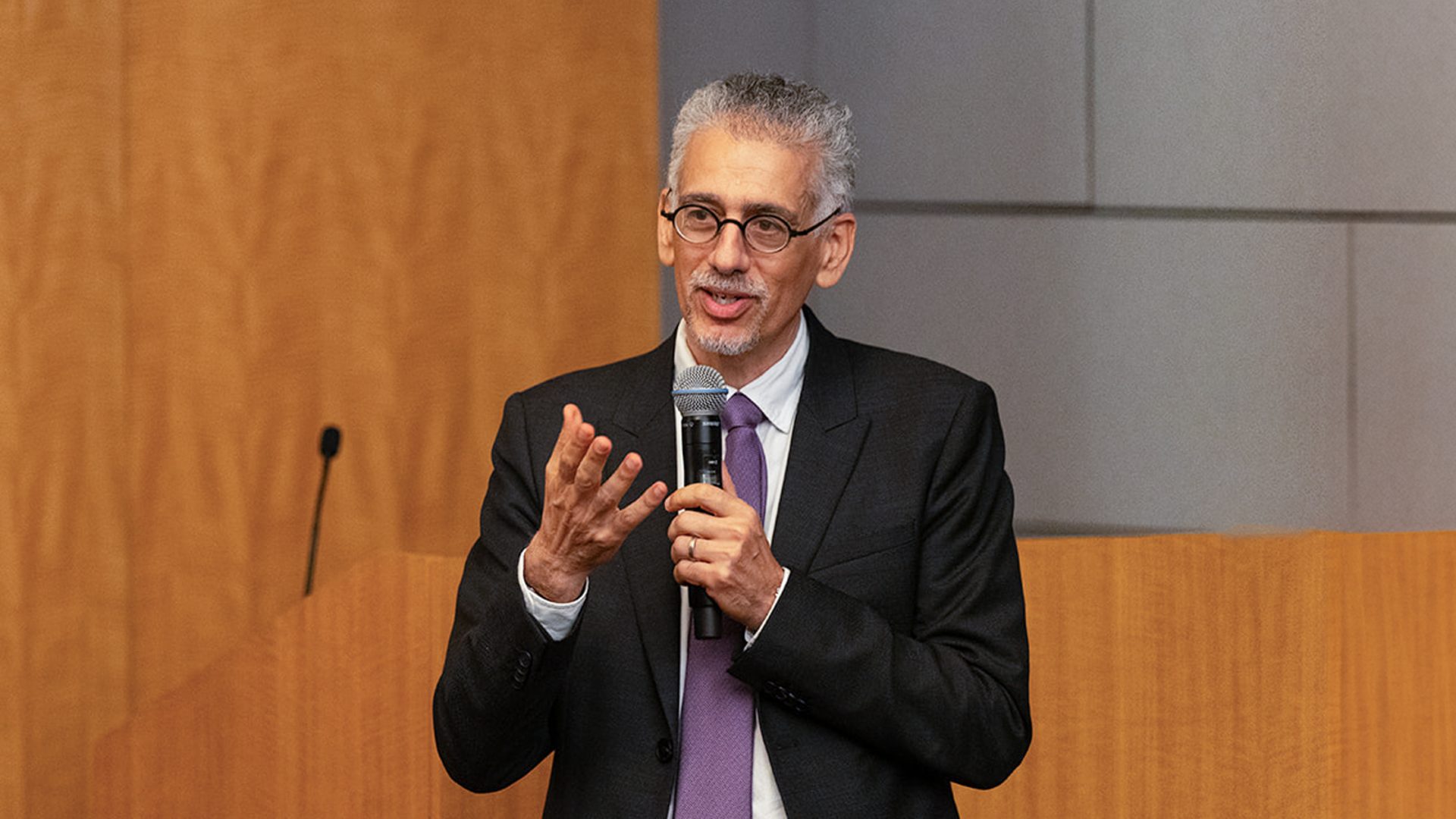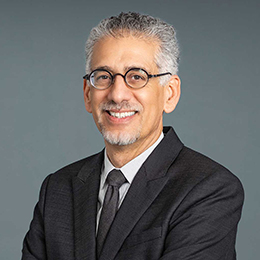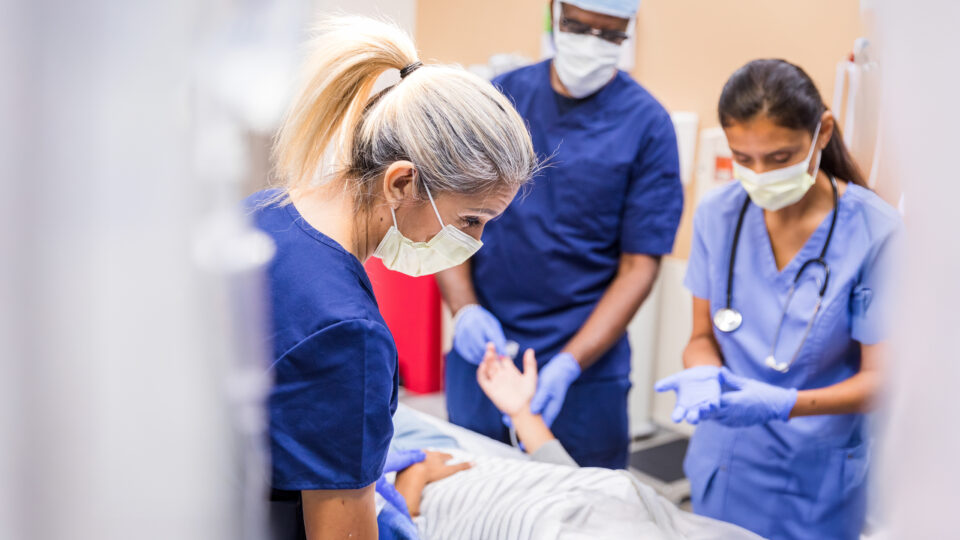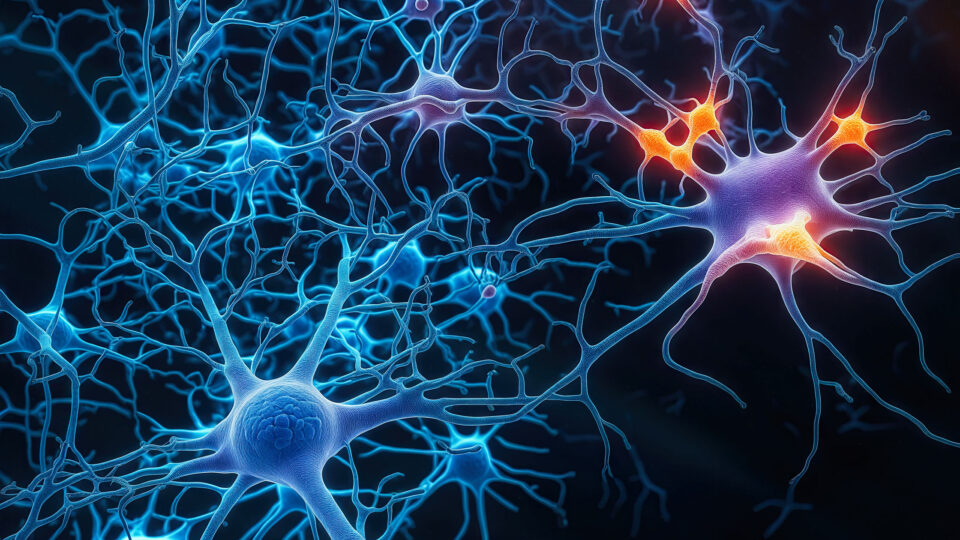An estimated one in five Americans will be older than 65 by 2030, a major benchmark in an accelerating demographic trend that is fueling a surge of research on how to promote better aging. Getting older is inevitable, but biomedical research is suggesting that many of its consequences can be prevented or delayed.
NYU Langone Health’s Optimal Aging Institute, which launched in 2023 under the leadership of Josef Coresh, MD, PhD, a professor in the Departments of Population Health and Medicine, adds a powerful new force to the growing research focus. The institute aims to help advance the science of aging, identify the mechanisms that underlie optimal health and can become dysregulated with age, and translate its insights into improving health and prolonging lives.
Here, Dr. Coresh discusses the institute’s focus and future.
The Lifelong Process of Optimal Aging
Physician Focus: Dr. Coresh, how would you define optimal aging, and why is it important?
Dr. Coresh: Optimal aging is trying to retain more function and then decline more slowly and live longer, with better health and quality of life. It pertains to quality of life, with an emphasis on prevention and health lifelong, rather than thinking of aging as just what we do at the end.
“One of our central tenets is looking for the origins of optimal aging all the way from the beginning and collaborating across the lifespan.”
Josef Coresh, MD, PhD
One example is that one of the protective factors for dementia is more education from childhood. One of our central tenets is looking for the origins of optimal aging all the way from the beginning and collaborating across the lifespan.
Physician Focus: What do you see as the institute’s principal goals?
Dr. Coresh: The goals for the institute are to connect—to become a hub that connects excellence—and then to incubate ideas and innovation to create what I might call actionable research results. We have a very talented team that is highly collaborative across disciplines.
I think to have global impact, you need to be globally connected as well. So by no means are we going it alone: we’re coordinating our activities with other universities and leaders and really working as part of an international effort.
Our goal is to start with observations in people and then get the right kind of resources so that our answers are definitive enough that they can advance health and can become translated into clinics, populations, and policies.
Addressing the Growing Burden of Dementia
Physician Focus: The institute is focusing on conditions like dementia, vascular disease, and hearing loss. Why are these so important?
Dr. Coresh: We try to focus on the most compelling public health and aging problems of our time, and in doing that, dementia rises to the top.
Interestingly, dementia is very connected to vascular disease, where heart disease and stroke are leading causes of death. In between them is blood pressure control and vascular health. We’ve known for a long time that people who have a big stroke have a high risk of dementia, but people with high blood pressure can still have ischemic damage throughout the brain that may contribute to cognitive decline and dementia.
Also, in collaboration with colleagues in otolaryngology, we’re planning to study hearing loss as a risk factor for dementia and assess how improving hearing may improve all of healthcare for older adults. Hearing loss can contribute to social isolation and other risk factors for dementia, and we’ve already demonstrated how a hearing intervention can reduce cognitive decline in older adults with hearing loss.
Physician Focus: NYU Langone is a lead institution for the Atherosclerosis Risk in Communities (ARIC) study. How does ARIC further the institute’s aims?
Dr. Coresh: The ARIC cohort has been funded by the NIH since it started in 1987. More than 35 years later, the study participants are all over the age of 80.
We’re currently looking at risk factors for dementia and integrating proteomics, genetics, blood pressure and vascular risk factors, hearing loss data, and other behavioral risk factors. We’ve had some major publications, including one showing the connection of high blood pressure in midlife to dementia later in life. We’re working on the lifetime risk of dementia and have shown an interconnection between vascular and Alzheimer’s dementia.
In collaboration with Dr. Morgan Grams in the Division of Precision Medicine, we are hosting all the cohort data since inception. We are gathering raw imaging data for artificial intelligence (AI) analysis and building a hub with NYU Langone’s Medical Center Information Technology (MCIT) to promote global collaboration.
The Benefits of Controlling Hypertension
Physician Focus: Can you talk more about the role of blood pressure control in dementia prevention?
Dr. Coresh: Blood pressure control clearly reduces the risk of stroke and heart attacks. For dementia, the challenge has been that we think it might take decades to have the full effect. Often, the populations in trials haven’t been old enough to see that effect. But recent trials are showing that even starting in your 60s and even treating blood pressure for as short as four years may result in a significant reduction in dementia risk.
“Blood pressure needs to be controlled to reduce mortality rates, and now we’re adding more information about its dementia connection.”
That adds another compelling reason to treat what is the leading risk factor for mortality globally. Blood pressure needs to be controlled to reduce mortality rates, and now we’re adding more information about its dementia connection.
Integrating Demographics, Wearables, and More
Physician Focus: What’s next for the institute?
Dr. Coresh: We’re going to recruit a demographer next because I think understanding demographic trends is important. We’re going to do a lot more with hearing loss, because I think that’s very addressable. Next, we’re going to work with precision medicine and AI to get more information from our clinical tools.
We’re also looking heavily at wearables. Particularly in older age, there may be a lot of information that sensors can get us that people may or may not be aware of or able to self-report, like sleep, which has become a very important topic.
The key is to address all of these in ways that can create synergies with diverse scientists and make a difference.






